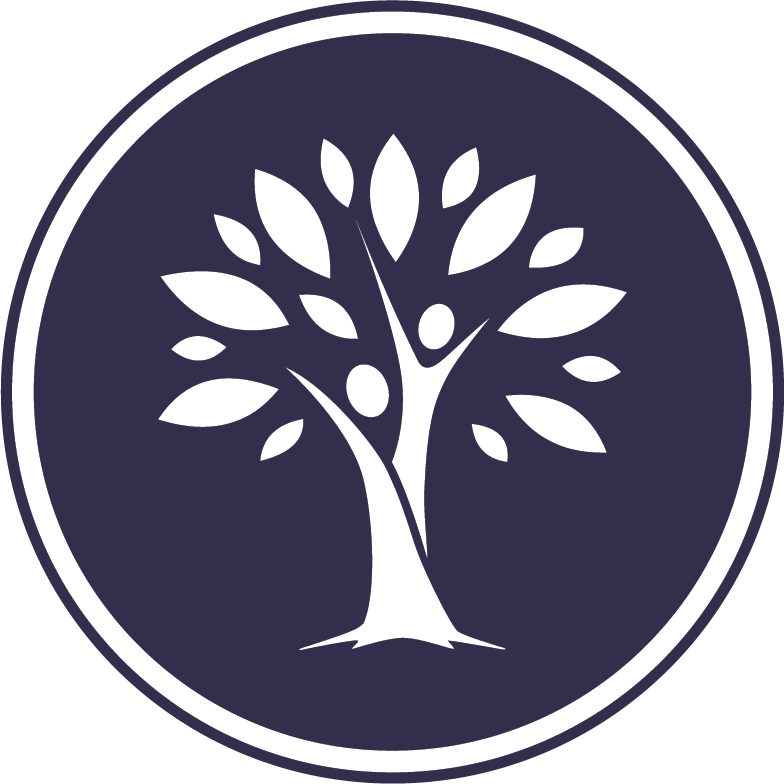Supporting students’ academic performance, classroom engagement, college and career preparation, and overall well-being are the focus of these evidence-based programs and learning experiences at Bay View Montessori School.
Junior Achievement of Wisconsin
We have a strong partnership with the Junior Achievement of Wisconsin program, which inspires and prepares young people to succeed in a global economy. Junior Achievement of Wisconsin provides activities, guides, field trips, and other resources to share lessons on leadership, career preparation, money management, and more. Lessons are organized according to the Milwaukee Public Schools Social Studies curriculum and are implemented in K5 classrooms, continuing through eighth grade.
Milwaukee Symphony Orchestra Arts in Community Education Program
The mission of the Milwaukee Symphony Orchestra Arts in Community Education (ACE) Program is to advance children’s learning and development by connecting students, teachers, school communities, and professional artists through engaging arts experiences and integrated arts curriculum.
Nature’s Classroom Institute and Montessori School
Fourth, fifth, and sixth-grade students spend one week each year at the Nature’s Classroom Institute and Montessori School. Students, teachers, and parent chaperones embark on an educational excursion through the natural and agricultural world during the institute’s Overnight Adventures program.
Peace Learning Center of Milwaukee
Peacemakers Workshops welcome second through fifth grade students for a day of cooperative games, small group study, and role play. Students practice healthy ways to communicate, manage conflict, build self-esteem, and think critically about the impact peaceful action has on their community.
Positive Behavioral Interventions and Supports
Milwaukee Public Schools uses PBIS to promote positive student behavior. After years of use, districts across the country – MPS included – are reporting increases in student achievement, more positive school environments, and fewer classroom disruptions and disciplinary referrals.
PBIS uses a three-tiered approach. Tier one teaches expectations to all students and promotes collaboration and consistency in the classroom: Teachers and students co-design agreements and routines that align with school expectations. Tiers two and three provide structure, interventions, and follow up for students who need more support.
Upham Woods
Seventh- and eighth-graders enjoy two annual overnight trips to Upham Woods, a residential outdoor learning center opened in 1941 and managed by the University of Wisconsin–Madison Division of Extension. The center sits on a prime location on the Wisconsin River, two miles north of the Wisconsin Dells, offering an excellent “river classroom” to study both the natural and cultural history of Wisconsin. The center rests on 318 total acres of forested land, including a 210-acre island called “Blackhawk Island.”
Urban Ecology Center
The Neighborhood Environmental Education Project (NEEP) engages classes through field trips to local green spaces that enrich the classroom curriculum. Urban Ecology Center educators engage students through hands-on activities, indoors and outdoors. Students may learn about local habitats, identifying plants, finding signs of animal life, or building forts with classmates! Rain or shine, snow or wind, every trip has a portion outdoors and is engaging for all students and parent chaperones. Urban Ecology Center has outerwear available to borrow so all participants may explore in any weather. There are three Urban Ecology Center locations; most schools partner with one less than two miles from their school.
YMCA Camp Minikani
A third-grade tradition, the overnight trip to Camp Minikani gives students the opportunity to connect with nature as they engage in outdoor and environmental education programming, team building, and more.
